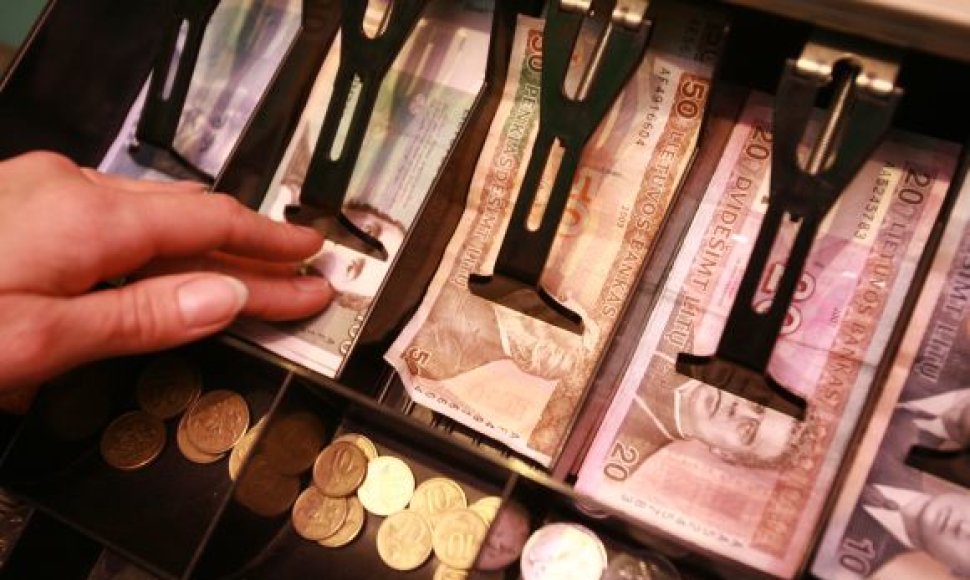"We have been asked by certain administrators, commercial bank managers to allow them to delve deeper into what impact this is going to have on them. We have now received almost all information and we will return to this issue at a Cabinet meeting in the near future," he told reporters after meeting with EU Commissioner Algirdas Šemeta.
The European commissioner in charge of taxation policy said that Lithuania, even if it does not participate in the financial transaction tax system, would have to help seek consensus among states during its EU presidency in the second half of this year.
"We have discussed (during the meeting) that it is very important for Lithuania to perform its role as the holder of the EU presidency in discussing this tax under the enhanced cooperation procedure. Even if Lithuania were not a participant of this procedure, as the EU presidency holder, it has to arrange sittings and meetings, and to seek compromise between member states," he said.
The Lithuanian government had planned to turn to the European Commission in January regarding the introduction of the FTT, but decided to postpone this issue until certain additional information were collected.
Supporters of the tax see it as a good means to make the financial sector repay the debt for the support it received during the crisis. With the tax in place, transactions in shares and bonds would be subject to 0.1 percent tax, and transactions in financial derivatives would be subject to 0.01 percent tax.
The European Commission says that the tax would help generate 30 billion to 35 billion euros in annual revenues.
Lithuania will hold the presidency of the EU Council for six months starting in July.












